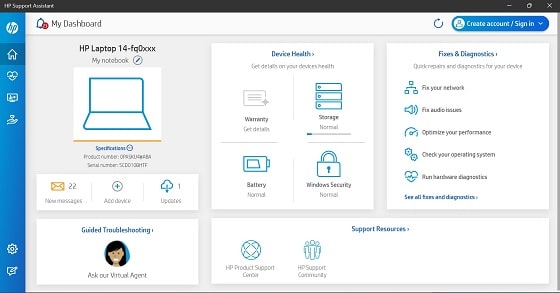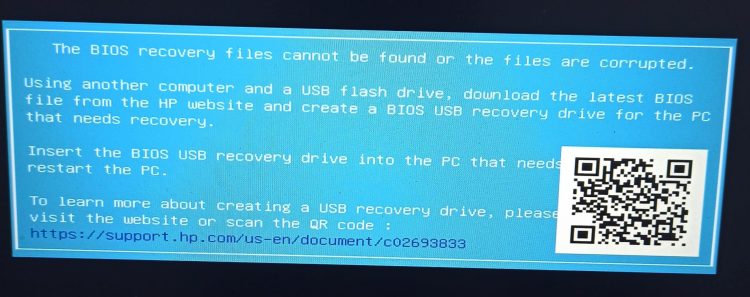It would be best to never mess around with a BIOS upgrade for no reason, as you may already know. An old proverb says, “If it ain’t broken, don’t fix it.” Even the motherboard vendors advise against this tactic if you don’t need to. The reason is simple: although the chances of failure are low, something might still go wrong. A bad BIOS upgrade might even brick your motherboard, and the vendors don’t acknowledge it as their problem. It is a “proceed at your own risk” kind of situation. However, BIOS upgrades might be essential to support newer processors, improve RAM stability, or address vulnerabilities. So, I never understood why they were considered out of warranty.
Hopefully, the chances of bricking the motherboard are relatively low, and most of them support BIOS downgrade (e.g., some devices need to have this option enabled before, if offered) to older versions that work as they should. Still, if it is not necessary, you can avoid it. But some OEMs push BIOS upgrades through their update solutions (should I call them crapware?) or even through Windows Updates. And as you may know, BIOS upgrades through the OS are way more risky than the traditional method. It would be best if you avoided them at all costs. Unfortunately, things, e.g., in notebooks, are less convenient, and BIOS upgrades may slip through without the user’s knowledge. Many times, it might cause a headache rather than be helpful. Especially when performed through the OS.

This is the case with the latest BIOS upgrade (1.17) on specific HP Probooks. A user had performed the BIOS upgrade through the HP Support Assistant (a somewhat problematic piece of crapware) on his HP Probook 455 G7, and things went massively wrong. Unfortunately, the device was rendered unusable, which indicates a BIOS malfunction. Shortly after, many users reported similar problems after the BIOS upgrade. Unfortunately, some of these devices were old enough to be out of warranty. That results in an even bigger nightmare for consumers.
When this article was written, this specific update was still available, and HP had no official statement or action regarding this issue. The first report was made on May 26, so the time for a solution is more than enough. It might be time for HP and, consequently, for other vendors to reconsider their practices and tactics regarding these updates. Especially with crucial updates that anything might go wrong. Moreover, their support tools should be much better. Most of the time, they are useless and occasionally dangerous. I don’t refer only to HP but to almost any OEM crapware solution.
It is advised not to proceed with the BIOS upgrade on version 1.17 on these specific models until there is an official fix or statement. Moreover, always avoid upgrading the BIOS through Windows or OEM assistants. It is best to perform it the traditional way, or don’t even mess with it if it is unnecessary. Better be safe than sorry.


